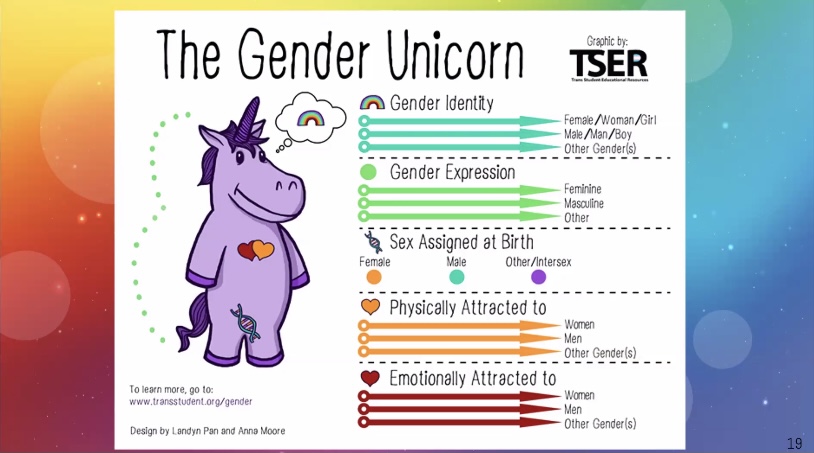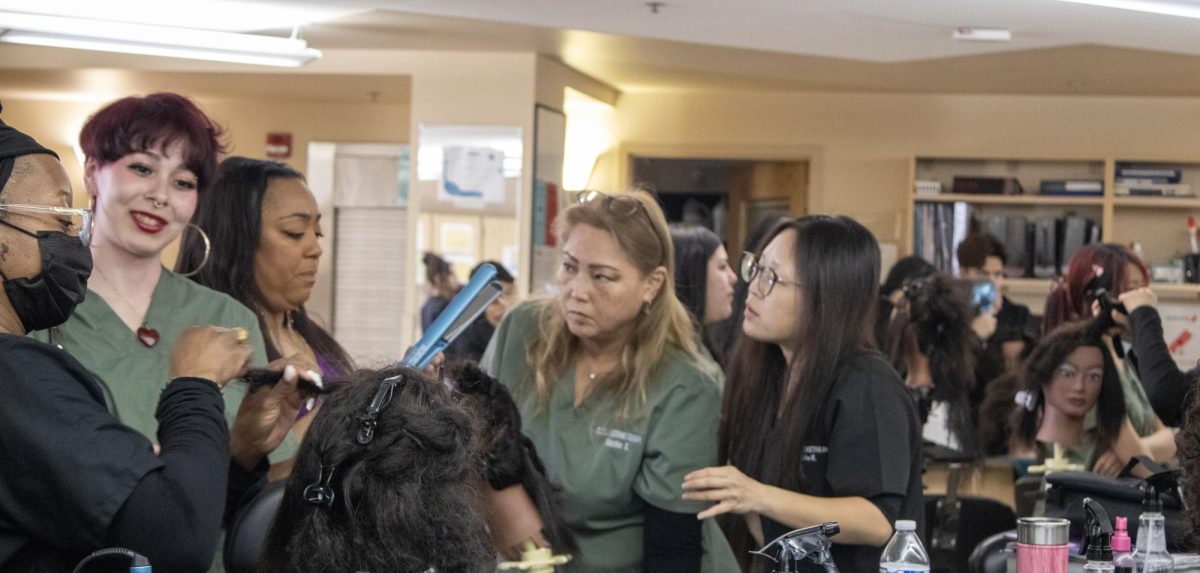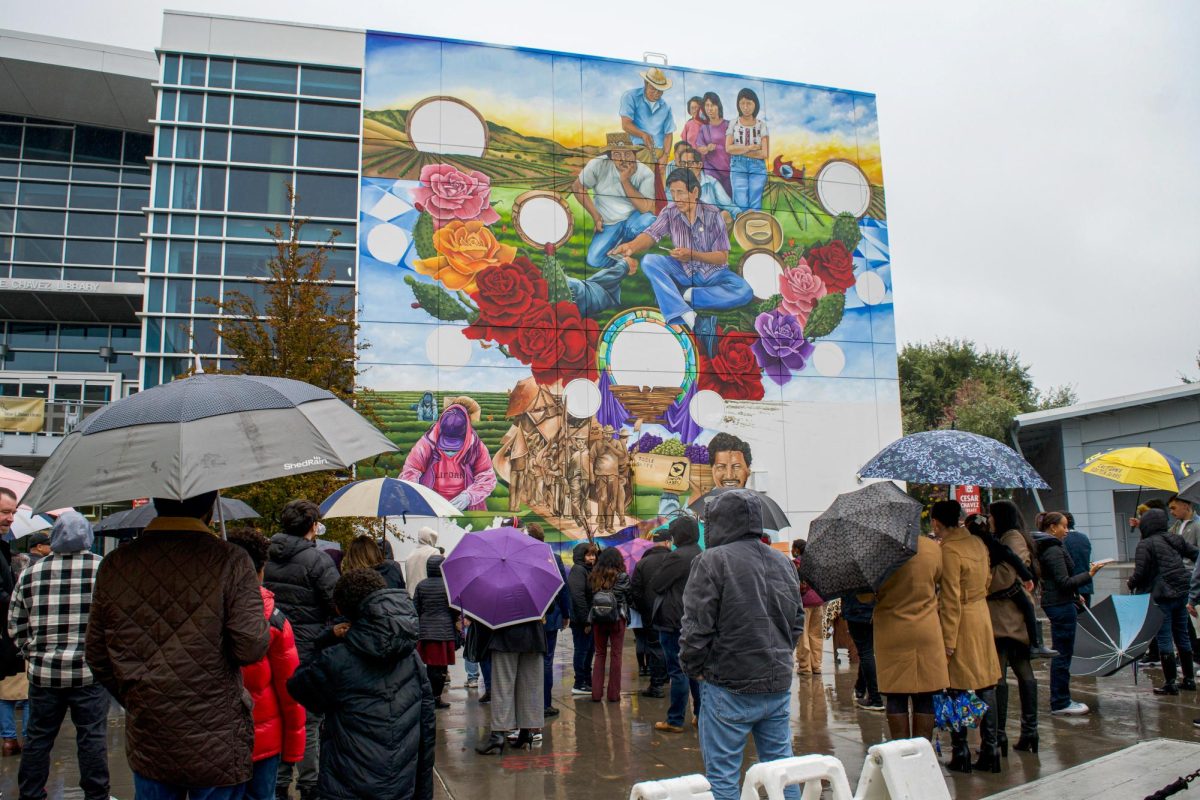The Office of LGBTQ Affairs, in an LGBTQ+ awareness meeting on Wednesday, March 24, explained pronoun etiquette, intentional advocacy and S.O.G.I.E among others.
Awareness of pronoun etiquette can prevent assumptions. When it comes to language and gender inclusive terms, there are some terms that are more appropriate to use than others, Fernando said.
When it comes to gender expression, “It can include body language, hairstyles, interest, behaviors and our mannerisms. You can’t assume someone’s gender identity simply by observing their gender expression,” she said.
The next term Fernando went on to explain was sexual orientation and or attraction.
“Sexual orientation and or attraction refers to one’s personal, emotional, psychological, physical, or sexual attraction toward other people,” Fernando said.
The office is currently working on a number of projects such as Support Out, LGBTQ Wellness Center, Transgender Policy, LGBTQ Summit and a few other projects.
“It’s OK to normalize asking for pronouns,” said Fernando, who is working on a transgender economic empowerment and transfer policy.
Another focal point of the LGBTQ+ meeting was understanding the acronym S.O.G.I.E and what it stands for.
“S.O.G.I.E means sexual orientation, gender identity, and expression,” Fernando said.
The mission of the Office of LGBTQ Affairs, opened and established in January 2016, is to provide leadership and support for the well-being and longevity of LGBTQ communities in Santa Clara County through coordinated, integrated approaches, Fernando said.
Terminology that Fernando said she felt was important includes sex assigned at birth, gender identity, gender expression, lastly sexual orientation and or attraction.
“When it comes to sex assigned at birth, the sex you’re given is just a a label,” Fernando said.
According to the slides, gender identity is one’s internal sense of being male, female, neither of these, both or another gender(s).
“So instead of using you guys, ladies and gentleman, you could use ‘y’all,’ ‘folks,’ or ‘everyone,’” Fernando said.
Mishaps are common, but she said that it is important to understand how to minimize harm and move forward. This is referred to as tripping gracefully.
“It’s ok to normalize asking for pronouns, and to share yours as well. Folks should be given the space to pass,” she said.
Mishaps are common, but she said that it is important to understand how to minimize harm and move forward. This is referred to as tripping gracefully.
The coming out process is very difficult, Fernando said.
“It takes a lot of guts. It takes a lot of courage for someone to come out to you with this special deep level of knowledge,” she said.
When someone comes out to you, there is language that may be used in response that can damage rapport. Just as language can damage rapport, there are words and sayings that can be used to build relationships,” she said.
“Some appropriate responses include,” Fernando said, “‘you’re really courageous for coming out’ and ‘how do you want me to refer to you in front of others?’”







